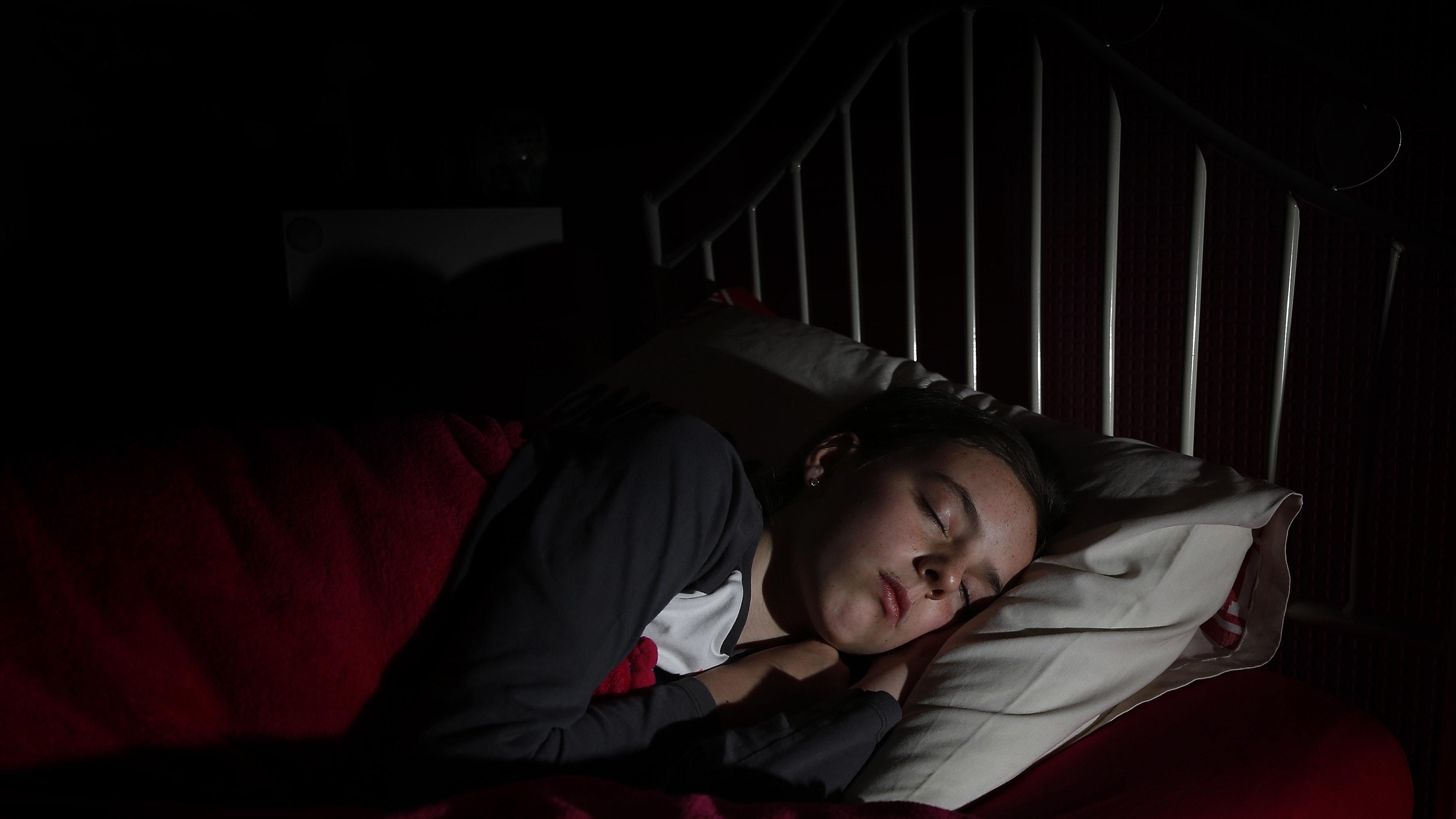
STAYING in bed longer at the weekend could help reduce the risk of early death, new research suggests.
Scientists from Stockholm University’s Stress Research Institute and the Karolinska Institute in Sweden found that people under 65 who had around five hours of sleep during weekdays, but compensated with a lie-in at the weekend, did not have an increased risk of death compared to those who slept at least six to seven hours every night.
Torbjorn Akerstedt, of Stockholm University and Karolinska Institute and lead study author, told The Guardian: “The assumption in this is that weekend sleep is a catch-up sleep.”
The study is based on medical and lifestyle data gathered from more than 43,000 adults over a period of 13 years.
Analysis showed that those aged 65 or under who slept five hours or less each day had a 25% higher risk of early death than those who had six to seven hours of sleep.
However, people who had less than five hours of sleep each day for a week, followed by more than eight hours of shut-eye at the weekend, were no more likely to have an increased risk of death than those who consistently slept six to seven hours a day over the same period.
For those over 65, the researchers found no association between sleep durations and mortality risk.
The team took into account factors such as body mass index, physical activity levels, gender, smoking habits and whether or not the individuals did shift work.
The researchers wrote: “The results imply that short (weekday) sleep is not a risk factor for mortality if it is combined with a medium or long weekend sleep.
“This suggests that short weekday sleep may be compensated for during the weekend, and that this has implications for mortality.”
The study is published in the Journal of Sleep Research.

Enjoy the convenience of having The Sunday Post delivered as a digital ePaper straight to your smartphone, tablet or computer.
Subscribe for only £5.49 a month and enjoy all the benefits of the printed paper as a digital replica.
Subscribe